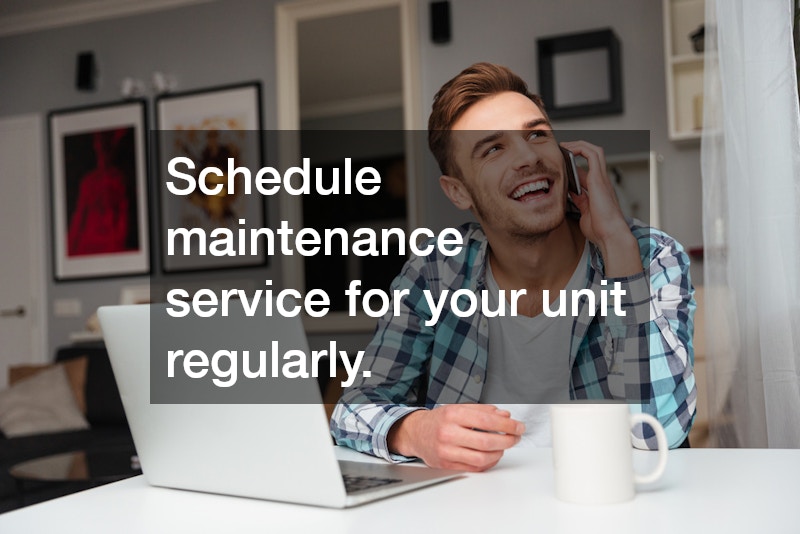
Many homeowners spend a fortune to keep their old HVAC systems running when they should be asking themselves if they wouldn’t benefit financially from investing in a new unit. Do new AC units use less electricity, or does a new high efficiency furnace air conditioner make sense to overpay thousands to keep the old one running?
Any reputable HVAC company will give you the facts concerning your old unit, the availability of parts, and how to maximize furnace efficiency. After running an HVAC tester on your unit, you should invest in a newer option.

However, for those not yet looking to invest in a new high-efficiency furnace or air conditioner, there are a few things you can do now to save on heat and air costs.
• Install a programmable thermostat to save money when you’re out of town, away from your home during the day, or asleep at night.
• Ensure proper insulation in your home’s flooring, walls, attic, and crawl spaces.
• Invest in energy-efficient windows for your home.
• Keep blinds and window shades shut during the warmest parts of the day.
• Clean your HVAC air filter regularly.
• Schedule maintenance service for your unit regularly.
• Lower your thermostat so that it doesn’t run when it’s not needed.
• Install ceiling fans to help keep homes cool during the warmer months and circulate heat in winter.

When it comes to eco-friendly appliances, heating and air units aren’t the most desired appliances. According to energy star research, each year, heating and air conditioning units account for over $1,0000 in energy bills for the average American family. Additionally, the U.S. Energy Department claims that air conditioners account for 5% of all electricity produced in the United States annually, and almost 90% of all new homes built in the U.S. come with central air conditioning. Sure, you can purchase high-efficiency heating and air conditioning systems, and they will use less energy and save you money; however, not everyone can afford these expensive high-efficiency units, and simpler, more affordable methods to save money on your heating and air conditioning bills exist.
Home heating and cooling appliances use more energy and costs more money than any other appliance in your home — accounting for about 54% of your entire utility bill. One of the best ways to drastically cut down on this energy usage is to ensure that your heating and cooling system aren’t running as frequently when you’re out of the house or sleeping. Recent EIA research reports that 38% of Western U.S. homes use their central air conditioning all summer long — this is a tremendous waste of energy, and your utility bill will reflect that. Most thermostats allow you to schedule your heating or cooling use to desired times, so, when you’re at work, or sleeping, schedule your thermostat to run your heating and air units less frequently, especially if you’re going out of town for more than a couple of days.
Another great way to help your heating and air units from wasting energy is to have them regularly maintained by a reliable heating and air conditioning service. Heating and air conditioning units require regular maintenance bi-annually. By regularly maintaining your HVAC (heating, ventilation and air conditioning) system, your heating and cooling units will be performing at optimal levels, in addition to avoiding costly repairs.
Other ways to save money on your heating and cooling bills involve being aware of the weather. Air conditioning can make a huge difference in home comfort when it’s really hot or humid outside, but when it cools down for a few days, try turning off the AC and opening the windows, allowing the natural breeze to cool your home. You can also plant trees or shrubs around your home, to provide shade from the hot sun — this will help to keep your home much cooler. In the winter, you can cut down on heating costs by lowering the temperature on your thermostat and wearing heavier clothes when you’re home. You can also invest in some warmer, heavier blankets for your bed to keep you warm at night, instead of needing to have the heat turned up high. Get more on this here: www.serviceheat-air.com

